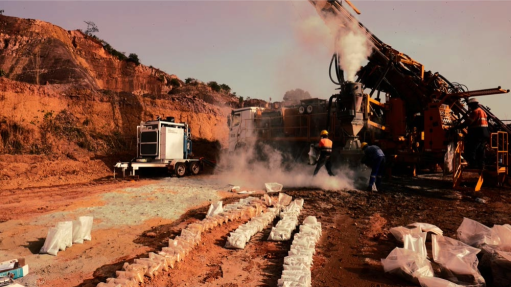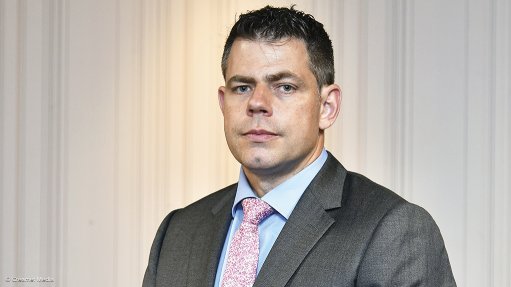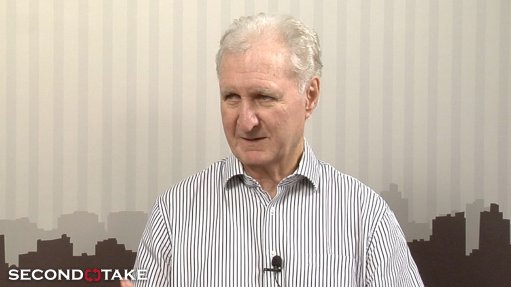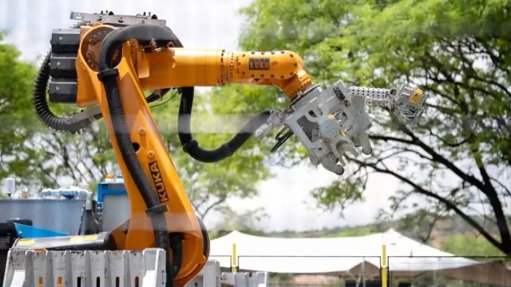ESG posing challenges for project management

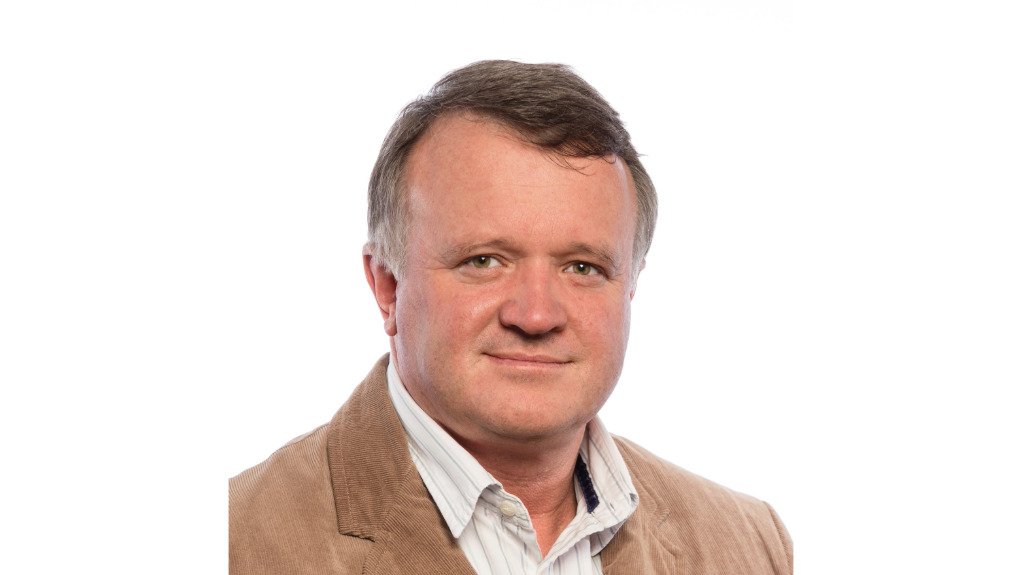
GIEL BEKKER African project managers are often exposed to environmental, logistical, social and administrative challenges and complexities that are not “normally” found elsewhere
Photo by University of Pretoria
While project management has matured significantly of late – with the current trend being the incorporation of environmental, social and governance (ESG) – tertiary education institution University of Pretoria (UP) Professor Giel Bekker notes that, in Africa, the social aspect poses major challenges for the profession.
“In Africa, social consciousness goes beyond considering people’s interests; it also includes the localisation of services and equipment suppliers, subcontracting and community investment.”
He adds that finding skilled contractors and labour from local communities has remained a major challenge, with unrealistic expectations around money “flowing directly” to the developing entities, often creating challenges when those expectations are unfulfilled.
These challenges have resulted in the appointment of foreign companies, including companies from China, which deploy people from their own countries instead of using local labour.
Bekker points out that, given the different methods of work and the language barriers, very little skills transfer can occur, which is not beneficial in terms of human resource development at a local level.
Further, the lack of job opportunities for locals can result in disgruntlement and, ultimately, project disruption, especially in public projects, as the public procurement requirements stipulate that 30% procurement spend be allocated to local resources.
This, in turn, gives rise to syndicates and so-called construction mafias, with Bekker noting that, “unfortunately, the activities of these mafias are escalating, with projects being stopped and even assassination attempts on project personnel”.
He maintains that the resilience required for the African environment is often a distinguishing factor and a key trait for professionals deployed in similarly challenging environments.
Bekker attributes this to African project managers often being exposed to environmental, logistical, social and administrative challenges and complexities that are not “normally” found elsewhere.
However, he states that the discipline of traditional project management – delivering on time and within budget to quality requirements – is more frequently being superseded by social and governance factors.
He reiterates that ESG has become a part of any modern-day project.
“Gone are the days when large companies entered a country and extracted value without a sustainability plan. Before being granted access to do a project in a country, the ESG and sustainability plans must be presented and approved.”
He adds that governance remains challenging, with bribery, cronyism and corruption still key issues that must be addressed. With the high development potential in Africa, a high premium is allocated to good governance and transparency in the awarding of contracts, and suitable sustainability plans.
Redesigning Collaboration Agreements
Bekker proposes the redesign and application of public–private collaboration agreements, which would attempt to address the shortcomings of public–private partnerships by emphasising collaboration, rather than co-owning.
Though it is still in its infancy, public-private collaboration is a broad concept that involves the implementation of collective ventures among heterogeneous stakeholders.
The intent of collaboration is to overcome knowledge and information disparities as well as transparency in risk sharing.
Bekker concludes that many structural requirements need to be in place for it to be successful, such as clarity of scope, finance and a firm collaboration agreement, with the pivotal issue being trust among the role- players.
Comments
Press Office
Announcements
What's On
Subscribe to improve your user experience...
Option 1 (equivalent of R125 a month):
Receive a weekly copy of Creamer Media's Engineering News & Mining Weekly magazine
(print copy for those in South Africa and e-magazine for those outside of South Africa)
Receive daily email newsletters
Access to full search results
Access archive of magazine back copies
Access to Projects in Progress
Access to ONE Research Report of your choice in PDF format
Option 2 (equivalent of R375 a month):
All benefits from Option 1
PLUS
Access to Creamer Media's Research Channel Africa for ALL Research Reports, in PDF format, on various industrial and mining sectors
including Electricity; Water; Energy Transition; Hydrogen; Roads, Rail and Ports; Coal; Gold; Platinum; Battery Metals; etc.
Already a subscriber?
Forgotten your password?
Receive weekly copy of Creamer Media's Engineering News & Mining Weekly magazine (print copy for those in South Africa and e-magazine for those outside of South Africa)
➕
Recieve daily email newsletters
➕
Access to full search results
➕
Access archive of magazine back copies
➕
Access to Projects in Progress
➕
Access to ONE Research Report of your choice in PDF format
RESEARCH CHANNEL AFRICA
R4500 (equivalent of R375 a month)
SUBSCRIBEAll benefits from Option 1
➕
Access to Creamer Media's Research Channel Africa for ALL Research Reports on various industrial and mining sectors, in PDF format, including on:
Electricity
➕
Water
➕
Energy Transition
➕
Hydrogen
➕
Roads, Rail and Ports
➕
Coal
➕
Gold
➕
Platinum
➕
Battery Metals
➕
etc.
Receive all benefits from Option 1 or Option 2 delivered to numerous people at your company
➕
Multiple User names and Passwords for simultaneous log-ins
➕
Intranet integration access to all in your organisation








